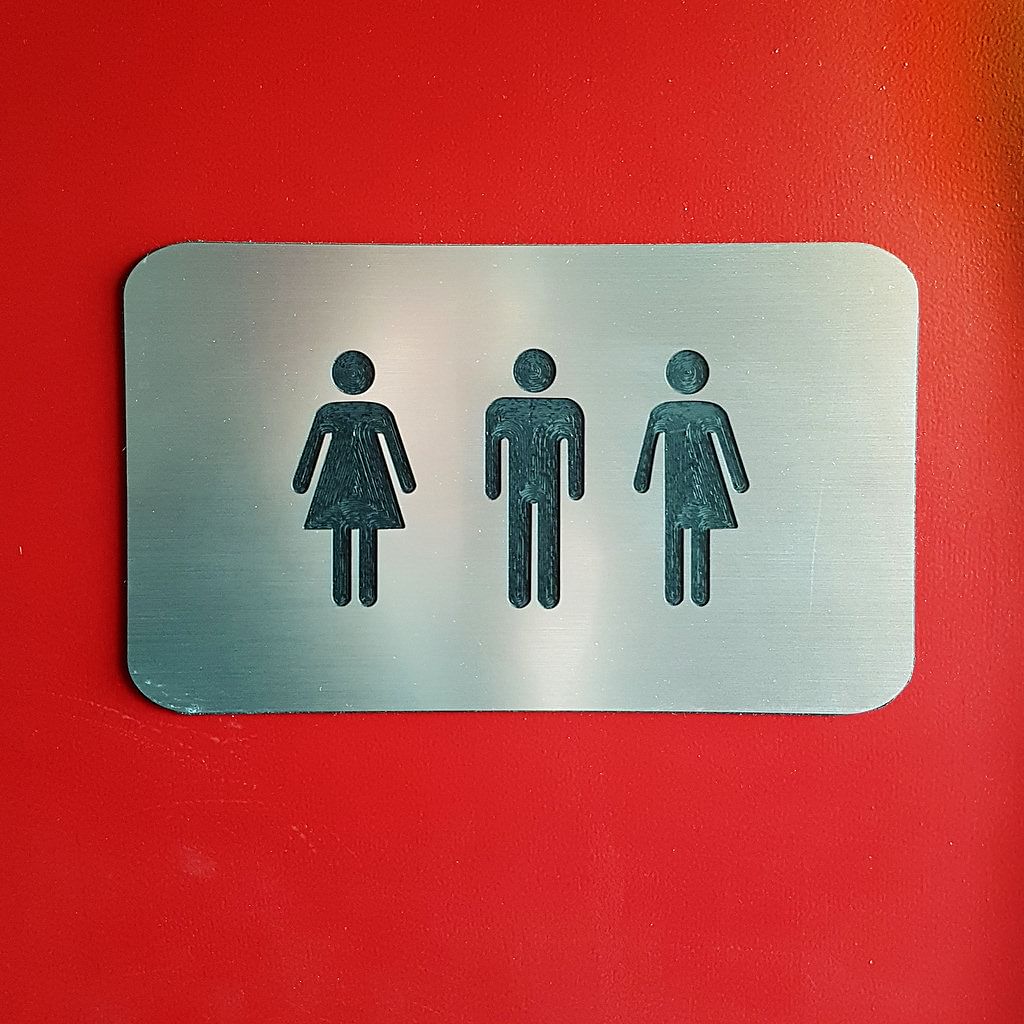The transgender community is extremely happy with the government’s decision for building separate toilets for them, but somewhere they also believe in the fact that there is a need to build gender-neutral toilets.
Using public toilets in India is not often a matter of choice but is a fixed and ingrained instinct for most people. Men use men’s washrooms while women use women’s washrooms. But with all these established notions, it is the transgender community that has a trickier space to negotiate. India’s transgender community has always waited for “gender-neutral” washrooms it was promised. But it’s better late than never, and obviously, our country is trying really hard to give the trans community their basic rights which they are entitled to for a very long period of time.
As per the fundamental rights given in the constitution of the country, every person is equal irrespective of their caste, creed, gender, or sex. With this, arises a pertinent question: If every gender is equal in the eyes of law, then why transgender people in society have to suffer a lot? In order to answer this question, various state governments are putting their efforts in order to provide the third gender-separate public toilets to lessen their difficulties of using gender-based public washrooms.
Efforts from different Indian states:
The members of the transgender community will now be able to use public toilets exclusively made for them in the state of Uttar Pradesh. The state is continuously working towards the upliftment of the transgender community and the efforts are quite visible now. The government of Uttar Pradesh recently in its move to ensure the participation of the trans community in the cleanliness of the city built the state’s first transgender toilet in Varanasi under the Smart City project.
The main aim behind such an initiative is to promote all kinds of inclusivity in Prime Minister Narendra Modi’s constituency. The transgender toilet is believed to help the community considerably as they faced a lot of difficulties earlier. These toilets are especially built for the third gender of the society and not for others. With this, the local Municipal corporation also aims to build four more such toilets in the upcoming two to three months.
In January recently, with the arrival of the annual budget for 2021-22, the New Delhi Municipal Council (NDMC) too decided to provide public toilets exclusively build for the third-gender in the National Capital. As per various reports, the construction of these toilets especially for transgender people will take place in busy marketplaces. The under-construction toilet at Shastri Bhawan will be the first exclusive toilet for the people of the transgender community in Delhi.
Apart from these states, Mysuru and Bhopal were the first two cities in India to have exclusive toilets for third-gender people. The decision of building such toilets in these cities came in accordance with the 2014 Supreme Court verdict which directed that separate toilets should be built for members of the transgender community in public places.
Delhi government to build separate toilets for Transgenders in all its offices:
In compliance with the provisions of section 22 of the Transgender Persons (Protection of Rights) Act, 2019 for ensuring adequate welfare measures for transgender persons, the Delhi government has ordered all its departments, offices, district authorities, municipal corporations, and state-run companies to have separate and exclusive washrooms for transgender persons.
The order released by the Delhi government also stated that trans-people shall continue to be allowed to use gender-based toilets as per their self-identified gender. The government has given agencies a maximum time of two years to build these exclusive toilets.
Need for gender-neutral toilets:
The transgender community is extremely happy with the government’s decision for building separate toilets for them, but somewhere they also believe in the fact that there is a need to build gender-neutral toilets. According to trans people, the aspect of gender-neutrality should be kept in perspective as creating separate toilets will further stigmatise the community.
Gender-neutral toilets will create a change in the mindset of people. A person should be able to use the washroom or restroom of their choice. Therefore, the government apart from building separate public toilets should even think of creating gender-neutral toilets.

